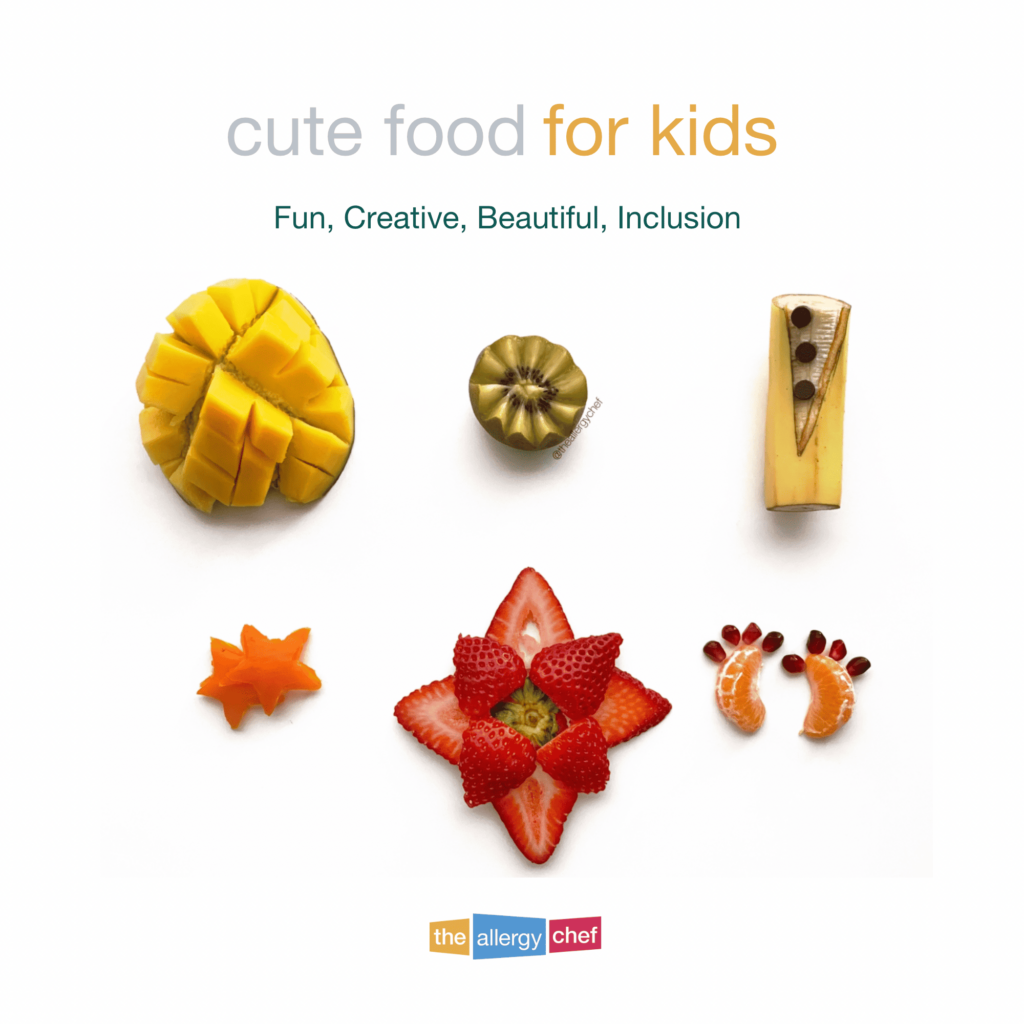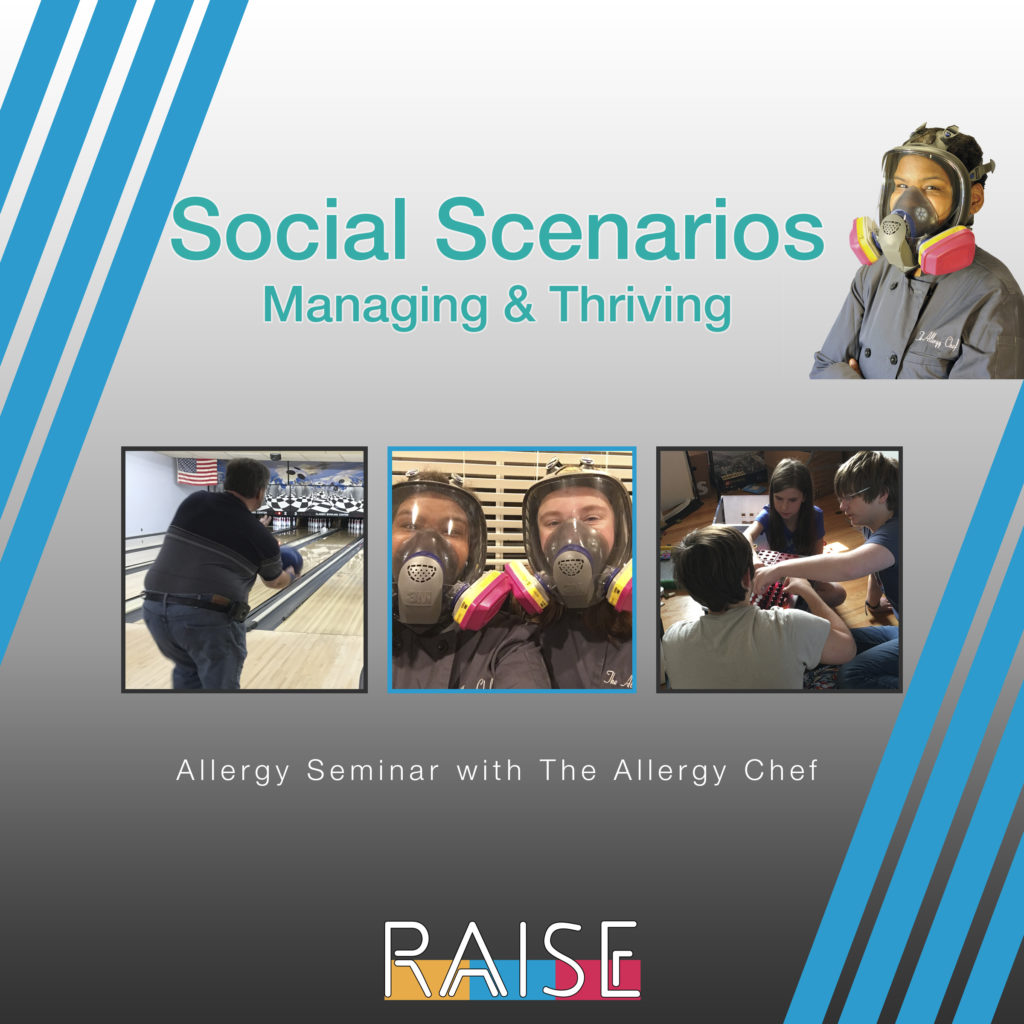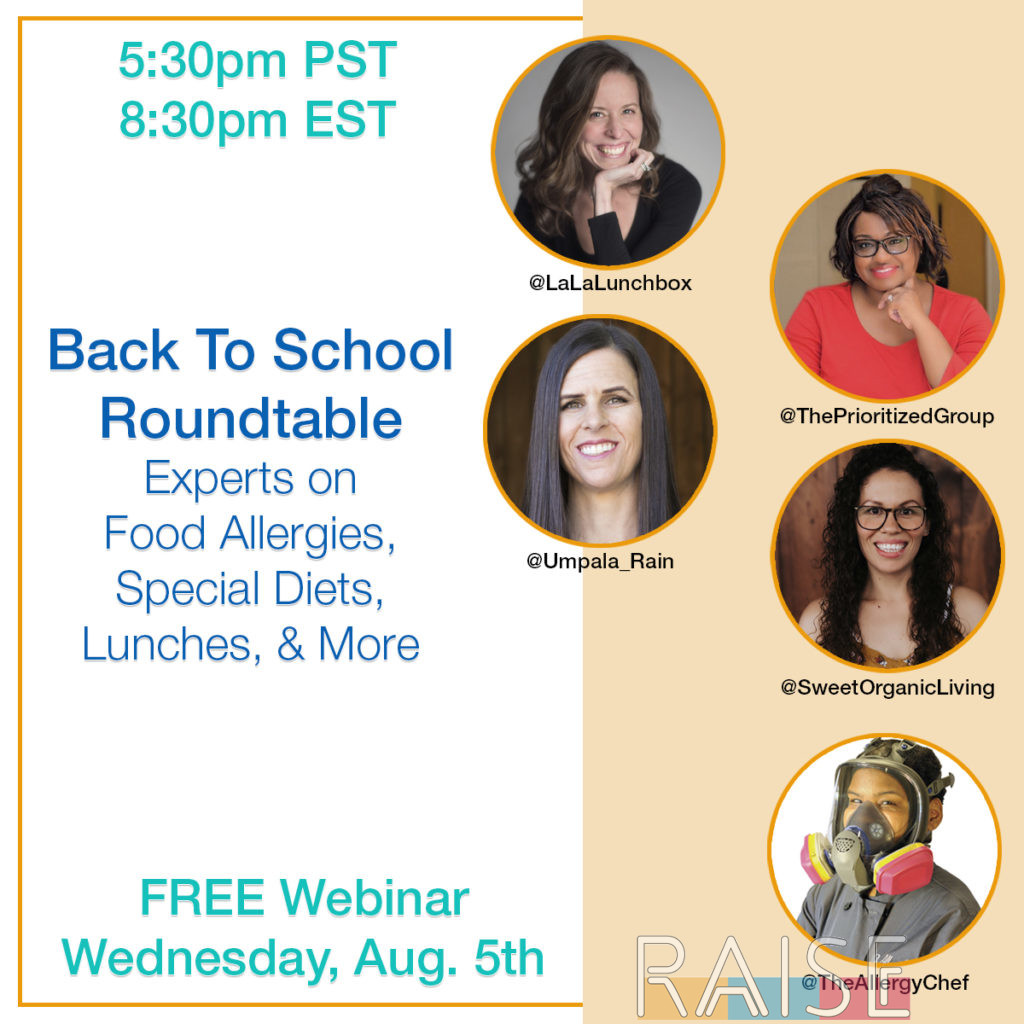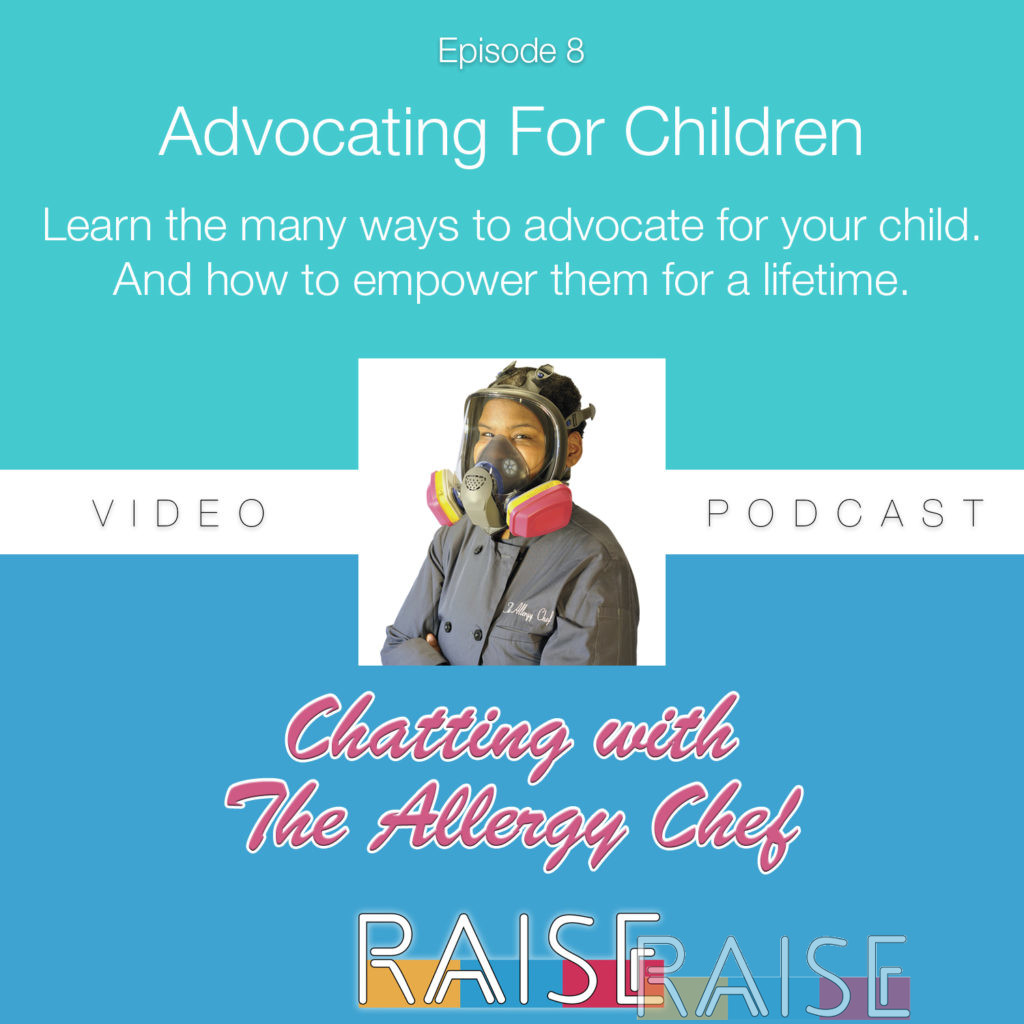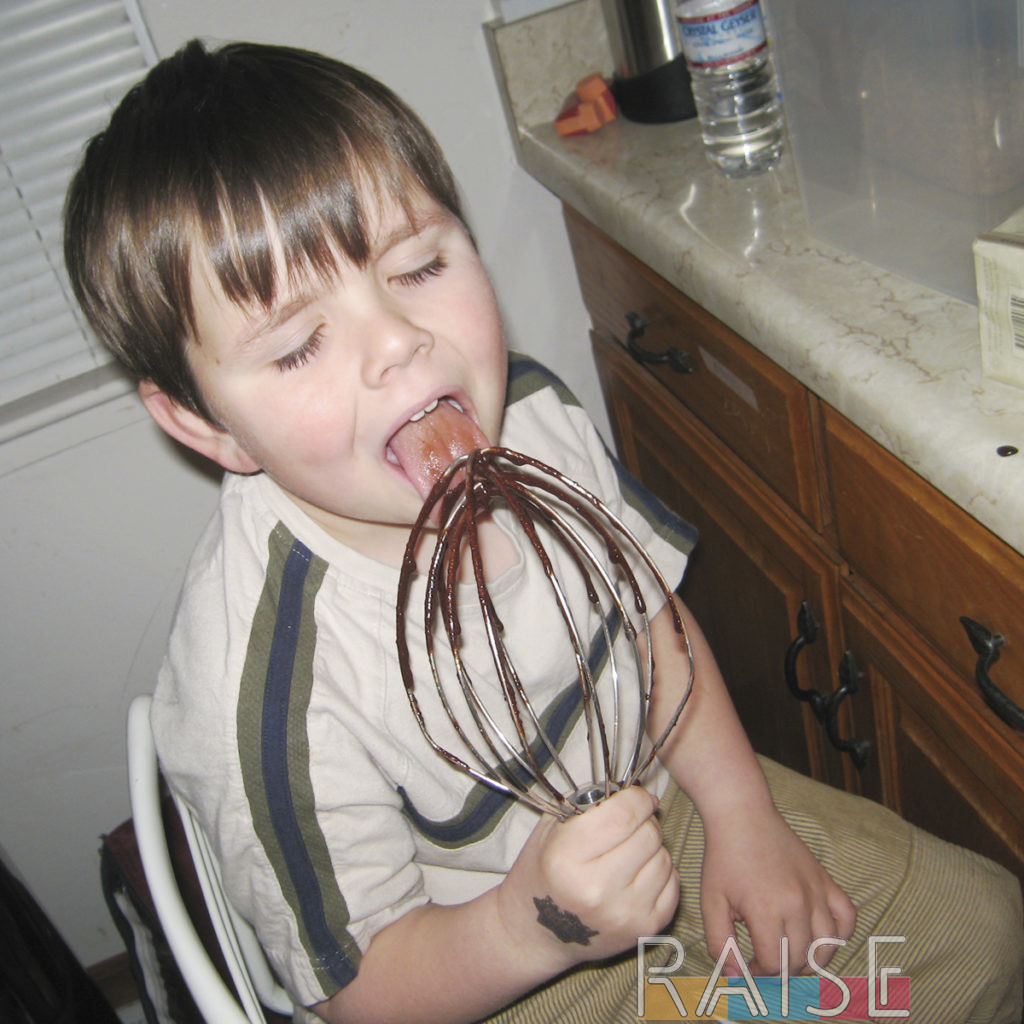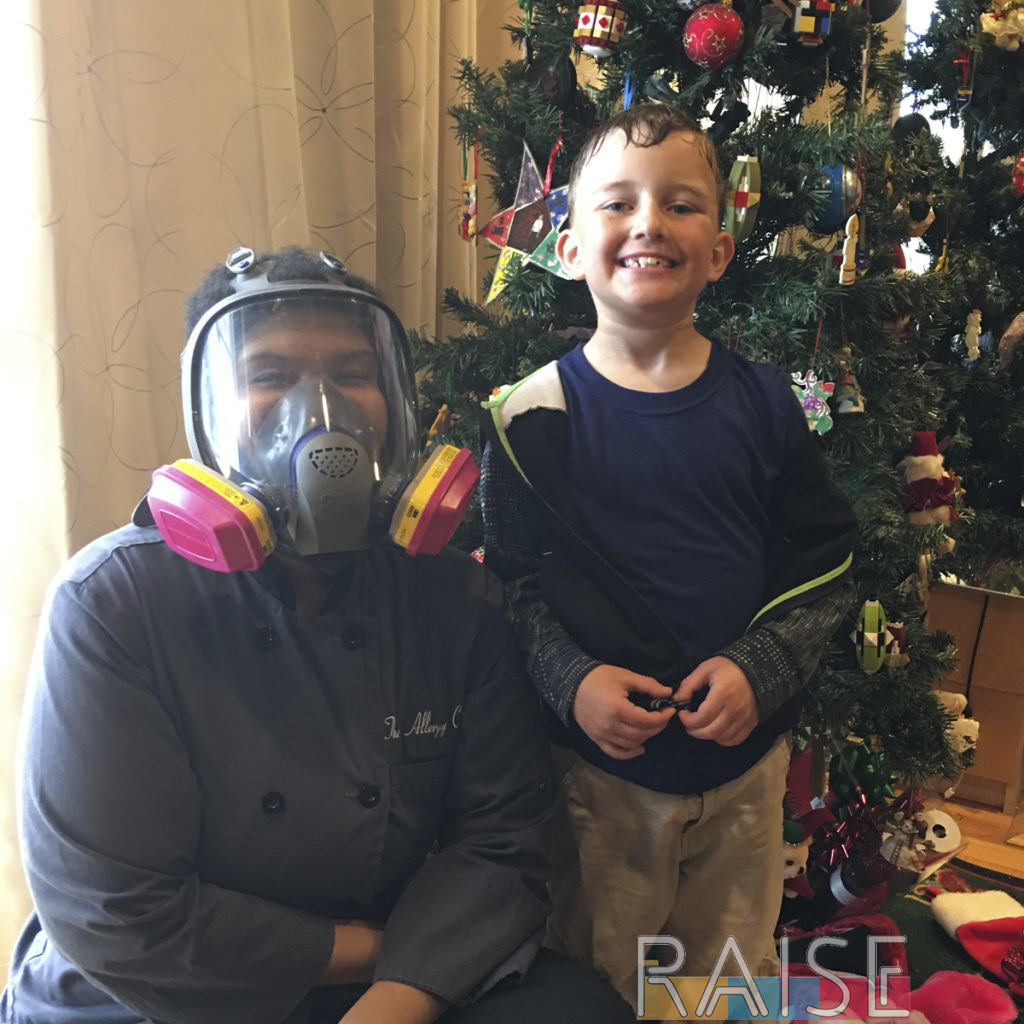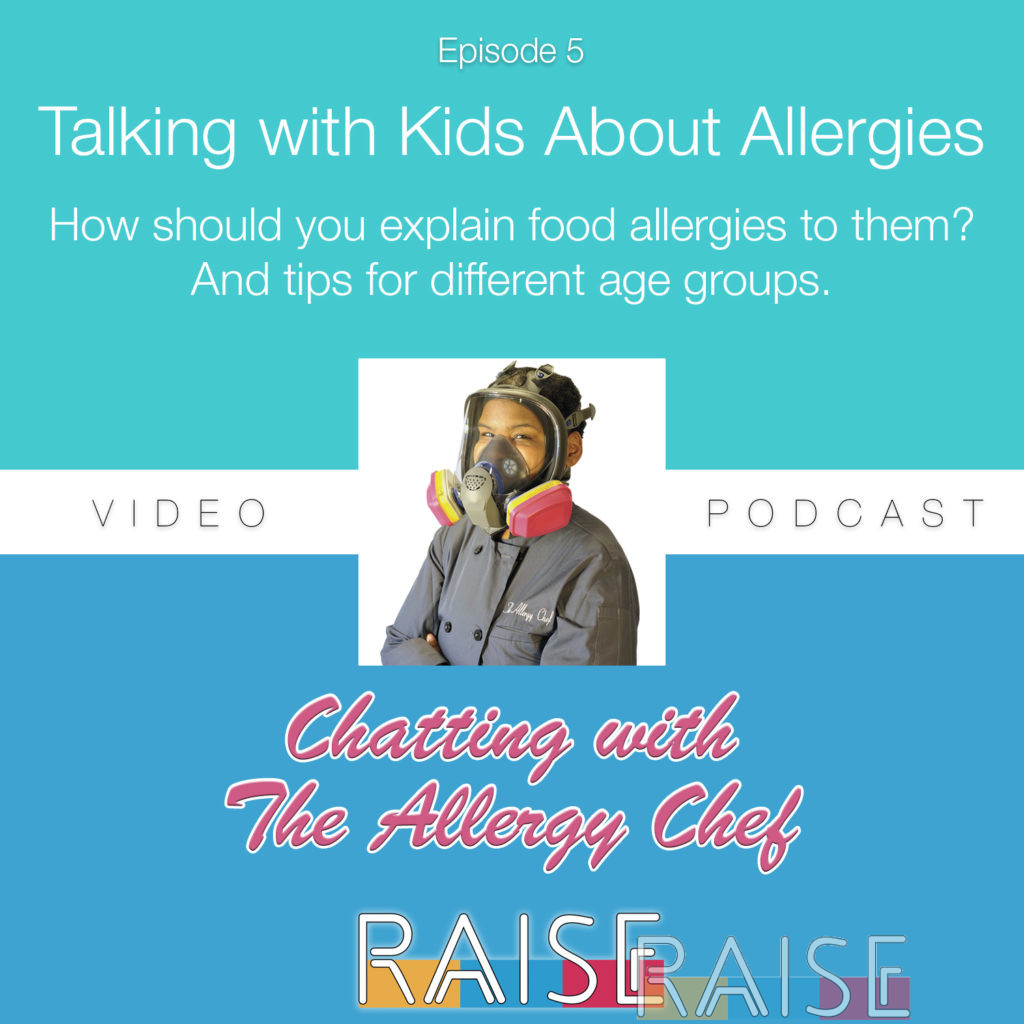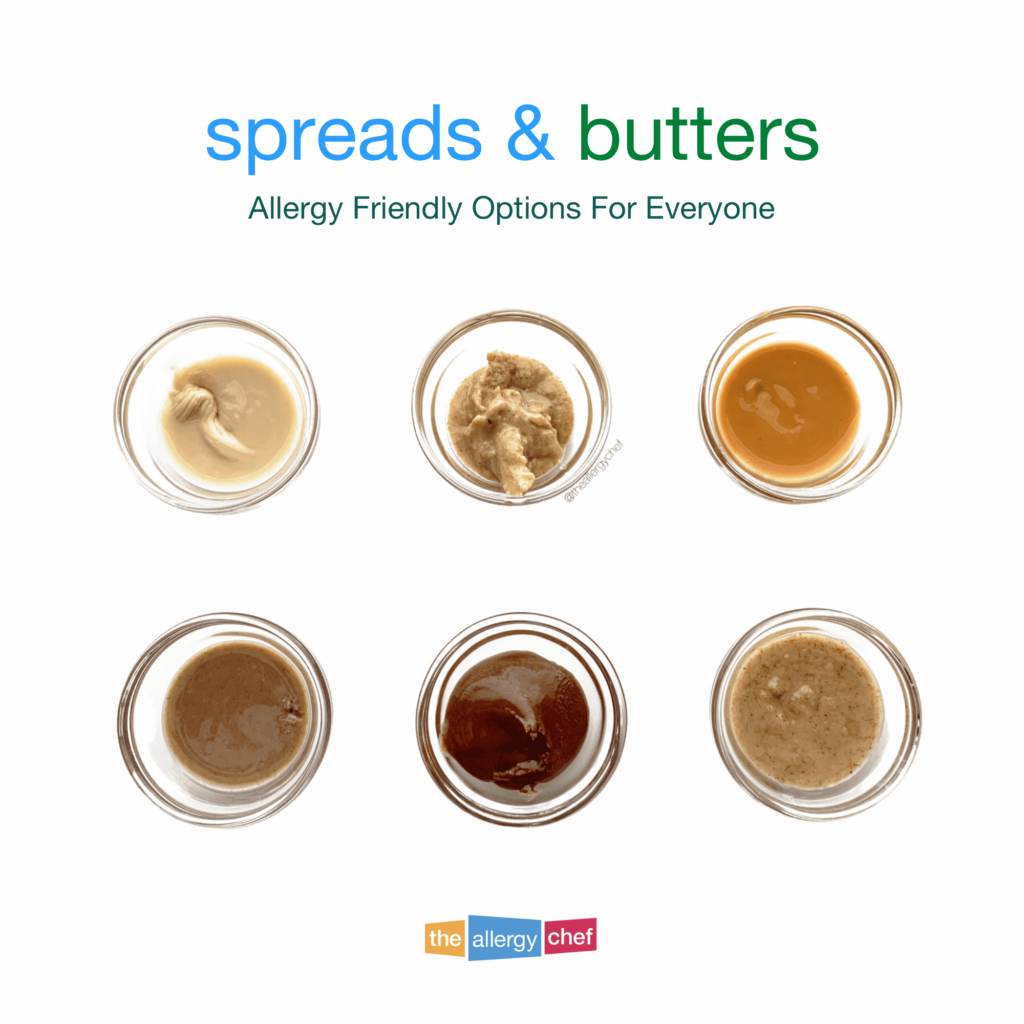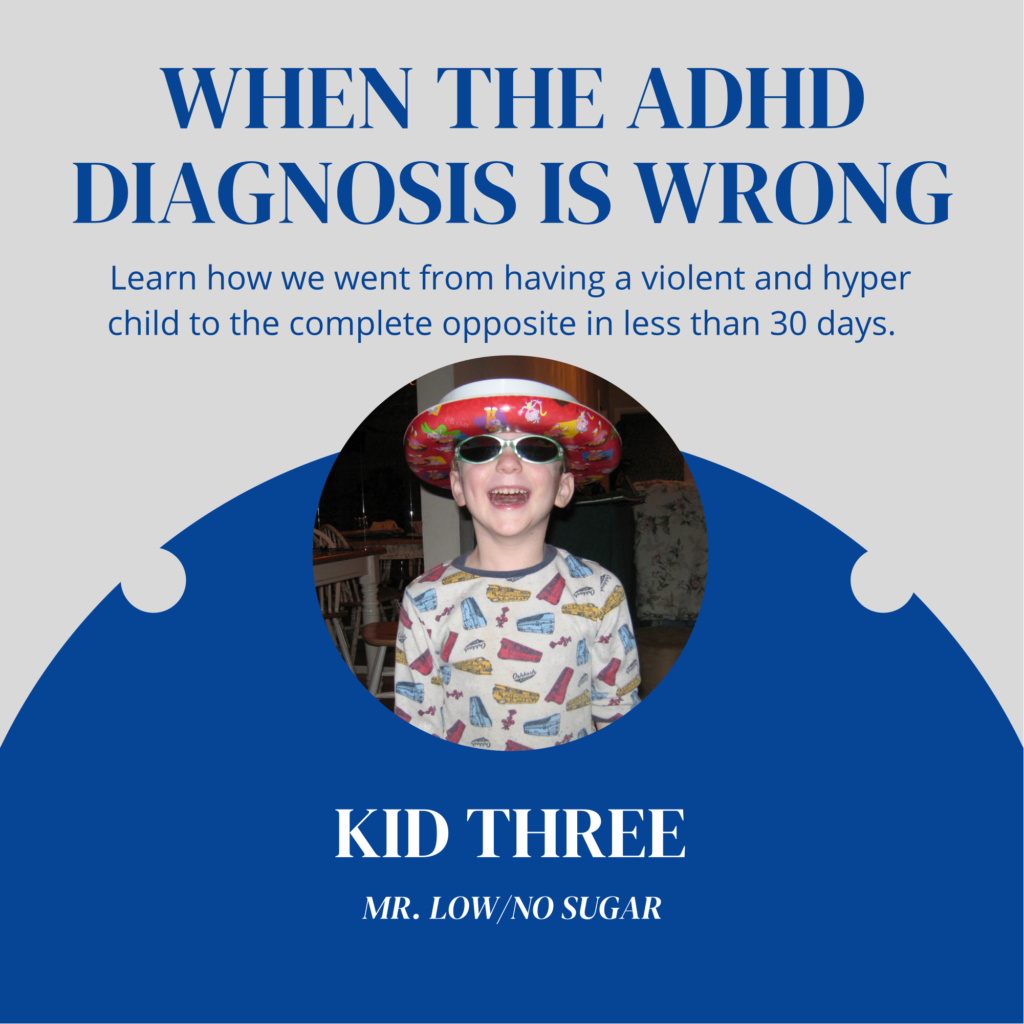I’m going to tell you a true story today, and offer advice on how to handle it should it happen to you. Before we jump in, it’s important to note that there are many ways to terrorize other people. It can be done physically, verbally, through manipulation, and many other forms. Today we’re going to focus on perhaps the most dangerous form for kids with food allergies.
A child, allergic to peanuts, was sitting at the allergy table in the cafeteria. Knowing they were allergic to peanuts, two kids decided to throw peanut shells at the child. The other allergy child at the table quickly got an adult to help with the matter.
The kids are in the 2nd grade age range.
Related Article: Cute Food and Promoting Inclusion
First, I’ll say this….
A few years ago the Peter Rabbit movie came out and the rabbits threw known allergens at a dude in the movie. THAT’S ASSAULT. The world was upset and said allergy parents were “over reacting” when they rose up as a group and made a lot of noise. People said, it’s just a movie.
Kids do stupid crap they see on TV. Did these kids see the movie? Who knows. They’re the right age for it though. I’m not saying this movie was the cause of the bullying, but it certainly doesn’t help anything.
This Was Mean, Senseless, and Wrong
All bullying is wrong. All bullying can leave long term scars. Some bullying can kill.
I want to stress this… If you’re in a situation like this and you’re with the school authorities and other parents, or even your child, call it what it is. DO NOT SUGAR COAT IT.
THIS WAS ASSAULT WITH A DEADLY WEAPON.
If there had been no knowledge of the allergy, then the term would be different. You have to understand the context: the kids knew about the allergy and made a choice. A really dumb choice.
Related Article: Hidden Sources of Tree Nuts
Punishment?
Kids are kids and kids do dumb stuff. Should these kids be punished? Of course. Should it be done gently? Absolutely.
This is a teaching moment not only for the perpetrators, but also the parents and staff who clearly need to improve.
I’m sure if you’re reading this, you’re having strong feelings about what consequences these children should face. You may also disagree with my “gentle” sentiment. Here’s my thought: these are 6 and 7 year olds. In most states, the minimum age for prosecution is 10. As a society, we seem to agree that young children have varying degrees of understanding and logic.
Related Resource: Allergy Seminar Social Scenarios
This Happened In a Peanut & Tree Nut Free School
I’ve spoken about this before: there is NO SUCH THING as a peanut or tree nut free school, not when kids are bringing their own food. It’s impossible to police that many parents, guardians, and students. Additionally, there are going to be non-malicious mistakes.
When someone doesn’t manage an allergy first-hand, it makes buying food much harder in these situations. It does help that many manufacturers are voluntarily disclosing the facility status for peanuts and tree nuts given the number of kids with these allergies.
Yet, the only way to have a perfect system is to ban all food and the school supplies everything. The compromise in these situations is to have a designated free-from space for kids to eat if they have food allergies.
In one of the best cases I’ve seen, the space was on a covered patio next to the cafeteria. This added an extra layer of protection and reduced the airborne exposure as well.
Related Resource: Back to School Roundtable Replay
Proposed Steps To Handle This Situations
1. Take care of your kid.
Talk about it. This is where trauma comes from…. fear… anxiety… a whole lot of things that we don’t want our children to go through.
2. INSIST on a meeting with the principal and parents of the perpetrators.
Use words like lethal, deadly, and assault. Make sure the parents know that in a high school, college, or adult setting, you’d be pressing charges. Make sure they see the GRAVITY of what their kids have done (in a nice way though).
3. INSIST on education.
FARE, FAACT, and Kyle Dine are all good places to start for this specific age group. Insist that there be food allergy education ASAP. You can ask for education in both your child’s class, and for the whole school.
Related Resource: Advocating For Children Video Podcast Episode 8
4. Make sure there’s some kind of apology etc.
Since we’re dealing with young children in this case, make sure that a formal apology is made. It could be verbal, written, or both. There should also be some kind of privilege loss. Maybe they lose half their recess for a week. Each school will have a different policy for in-school consequences.
5. Invite the perpetrators to eat at the allergy table, and make a delicious deal about it.
It may seem counter-intuitive at first thought. We don’t know the whole story of why those kids threw those peanuts. But, let’s change how they view the allergy kid. Let’s encourage compassion and kindness. Have them share a meal… it’s such a basic thing. Help those kids understand that the food isn’t so different, and in fact, it can be delicious. If I were involved, there would absolutely be cake and ice cream.
Another reason to do this: to avoid resentment or pay-back. Obviously these kids are in trouble, and we don’t want them taking it out on the wrong person.
IF this is something you move forward with, parents and/or staff need to be present to supervise. I personally, would not want my child eating alone with someone who has assaulted them. Also, skip this if your child is not comfortable, or if this could cause more harm than it’s worth.
Related Resource: Trying New Foods With Children
6. Teach your child how to cope.
For some kids, this is no big deal and they’ll brush it off. For others, they may not want to go to school for a few days. You know your kid best and how something like this will play out. In a weird way, the allergy kid is “lucky” this happened at a young age. The parents can swoop in and arm them with loads of coping tools.
It could be journaling, talking to a trusted friend and/or adult, having an opportunity to confront the person who hurt them, and more. When teaching children to cope, we want them to have a healthy outlet for the negative feelings, thoughts, and emotions surrounding the situation.
Part of teaching a food allergy kid to cope is teaching them what to do in these situations. Do some role-playing and walk them through different scenarios so they feel ready to handle what happens in life.
7. Monitor what’s going on.
Have some sort of contract in place up front with the other parents and principal. If this happens again, with these specific students, it’s an automatic XYZ. Personally, I’d push for expulsion. Again, this is assault with a deadly weapon. What happens if they take it further next time? What if the other allergy kid isn’t there to help? Make sure the hammer drops if they step out of line a second time, even if they’re still young.
Related Resource: Food Allergy Advocating Allergy Seminar
Why Open & Honest Communication is Critical
No matter what your parenting style is, it’s critical that you have open and honest communication with a child who has a dietary restriction. If they feel they can’t bring problems to you, that can become a major issue in life.
In one case we were made aware of which was very similar to today’s case, the other child at the allergy table was told to “not be a tattletale” by a staff member when reporting the abuse. This. Is. A. HUGE. Problem.
In that particular case, it’s important for the child to have strong communication with their parents so the parents can take this up with the school. Under no circumstance was that an appropriate response and all parties need to be confronted.
However, that can’t happen if said allergy kid doesn’t tell their parents what happened.
Related Resource: Talking with Kids About Allergies
Know When to Bring The Honey and When to Bring The Hot Sauce.
This phrase that I’ve come to love is something Kristin Osborne and I talked about during our Expert Interview on RAISE. She specializes in 504 plans and advocating for students. Her point is: we as allergy parents have to be nice about this stuff. It’s a huge learning curve for everyone involved.
Yet, when people are malicious, push back, refuse to cooperate, refuse reasonable accommodations etc., we have to be able to bring the hot sauce.
For some of us parents, our personality types can make bringing honey and/or hot sauce difficult. We need to practice these scenarios too so we’re ready to advocate when necessary.
Related Article: Know Your Butters and Spreads
How Do You Send It Up The Flag Pole?
In any case where your child is in a school, you’ll want to follow the hierarchy of the authorities. In some cases, you may already have a point of contact based on your 504 plan.
Start with the teacher and vice principle. In some cases it will be the teacher and principle. Request a meeting, and if you feel necessary, include the school counselor. If an incident happened in the cafeteria, the monitoring staff in that area may need to be included, or at least brought up to speed on what’s going on.
If you get pushback at this level, move on to the principal of the school. If that person pushes back, move on to your school district board. Whilst I hope you have success there, if you don’t, let them know you’ll be speaking with the city council. Depending on the age of the kids involved, consulting with the police is also an option as this was assault
Groups such as FAACT offer free legal services for some incidents like these, and it’s a great organization to reach out to if you’re not getting any help locally.
Related Article: Allergy Friendly Candy
The Resolution In This Case
What was interesting about this case: both the parents of the victim AND the parents of the other child at the allergy table got involved. It also helps that these parents are on friendly terms and communicate.
Each parent duo put in a call to school administrators to file a complaint and to see how the situation was handled. One parent who happens to be a food allergy advocate also offered their education services on food allergies which the school is open to.
The GREAT News: Before the parents had even called, the school principal had acted swiftly to resolve the situation in an age-appropriate manner.
Related Resource: When The ADHD Diagnosis is Wrong ~ The Story of Kid Three
How The Principal In This Case Handled The Situation
First, he met with the whole class of kids the perpetrators were in and basically told them they could have sent the peanut allergic child to the hospital, or the child could have died.
He didn’t sugar coat any of it and disciplined both kids that threw the peanut shells and also the other 6 kids that sat, watched, and laughed. Said he was VERY clear to the kids that it will never happen again and the harsh consequences he will give them if it does.
The kids were all horrified at what they had actually done. The allergy table was also moved away from these kids and out to the middle of the room so the staff can keep a better eye on them.
All of the staff and teachers with kids involved were also met with. After offering their services, the advocate parent was happily welcomed to come anytime and said kids can’t ever get enough teaching in things like this.
Related Resource: Attending Birthday Parties Allergy Seminar
Will Every Situation Be This Well Handled?
Unfortunately, no. However, we as allergy parents can tuck this information away to use if the need ever arrises. Whilst I hope you never find yourself in this situation, hopefully you have an idea of how to handle it.
Remember, different age groups will call for a different response. Personally, I feel that for grades K – 3 we should be gentle and teach the first time whilst bringing a very harsh consequence for a second offense.
For grades 4 – 6 consequences should be harsh the first time because kids know better at this point and have a much more concrete understanding of cause and effect.
Grades 7+ is where I say not only should the consequence be harsh, but depending on the circumstances, local police may need to be involved as well.
In all situations we should also push for additional education on food allergies and bullying. You may also want to ask for counseling for all kids involved.
My prayer for our community: that with the help of education, awareness, and advocacy, we’re able to stop food allergy bullying.


